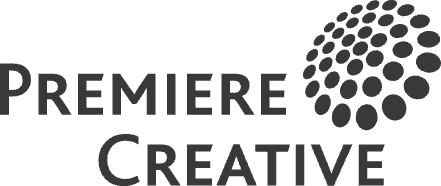Early this week, The Internet Corporation for Assigned Names and Numbers (ICANN) approved a plan to increase the number of Internet domain name endings, called generic top-level domains (gTLDs). In other words, the dot-com era is over and anyone can register any name they want as a web address.
Instead of having companies use the 22 generic gTLDs, which include .com, .net and .edu, users will be able to end their addresses with anything: the name of their company, such as coca.cola, or their city, jpmorgan.nyc or jpmorgan.europe. This can be very helpful for internet marketing and even search engine optimization (SEO).
Although the idea behind the upcoming change was to potentially spur innovation and give companies and users more choice on the Internet, search engines are already warning Internet users that the change has potential to create widespread user confusion. If someone wanted to search for Wells Fargo, would that be wellsfargo.com, wells.fargo or wellsfargo.bank? Although useful for internet marketing purposes, until the general internet users catch up, it may not be as effective as we think from the get-go.
Beginning in 2010, ICANN will be accepting applications for address changes, but not everyone will be jumping for a quick domain change. Just to apply, a company, government or individual must pay ICANN $185,000 and the application itself is a few hundred pages long. If approved, the annual fee to operate the registry is $25,000.
There’s no doubt big companies and corporations will acquire their business names for the end of their web address: .coke, .pepsi, .mcdonalds, and there’s talk around the internet of cities taking ownership of .newyorkcity, .miami, etc, but small businesses will most likely stick to their $10/month register domain, at least for now.
The question stirring all over the Internet is whether this is a great branding opportunity or a confusing online chaos? From an internet marketing perspective, the creative possibilities are exciting. Think about enjoy.coke, frappuccino.starbucks or justdoit.nike, anything could be possible and there are endless marketing techniques. For search engines and users, there will without a doubt be confusion. How do you search for an iPad? Apple.com/ipad or ipad.apple?
There’s no doubt we will all catch up to the change in the long run, but getting there may be challenging and expensive for the companies participating in the new rule change. It did take us about ten years to catch on to the dot-coms and dot-nets.
